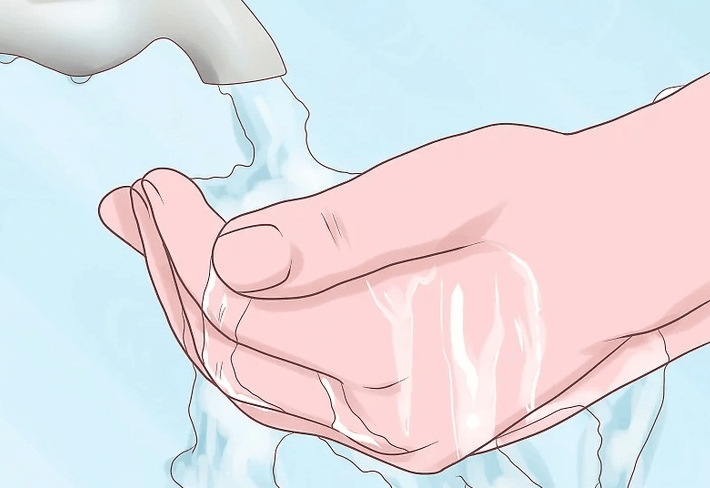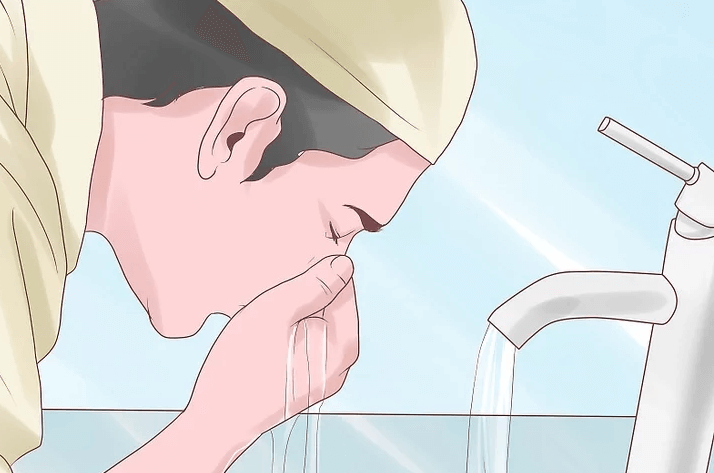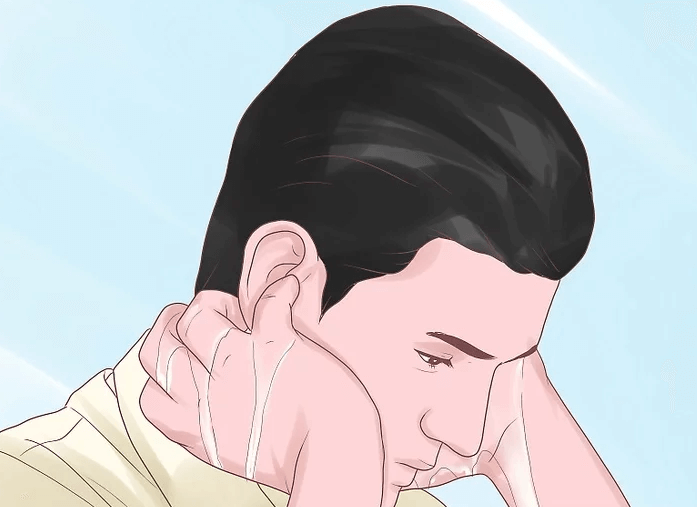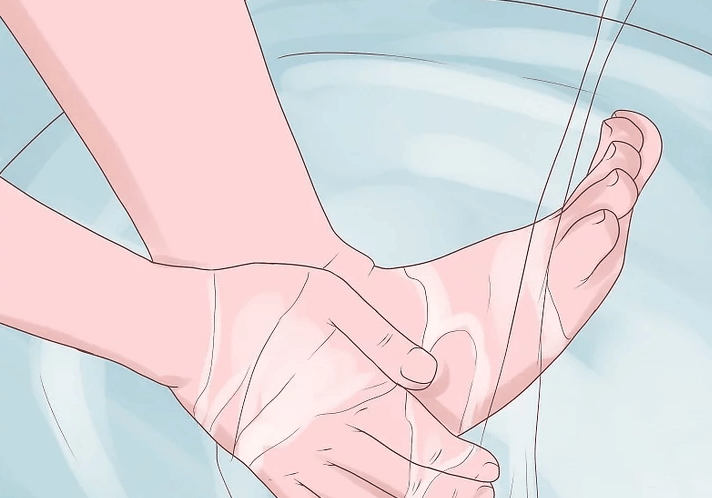HOW TO PERFORM WUDU
Performing wudu is the first, essential step of Salah and is itself an act of worship, that’s why it’s important to make sure it’s done correctly. Make sure not to waste water and know that your wudu washes away minor sins. Wudu is required before praying salah. The steps must be completed in the given order below, and they must be done without long pauses between each of the steps.
1. Make niyyah (intention) to perform wudu, and say “Bismillah” (in the name of Allah) before starting wudu:
Niyyah is the Islamic concept of performing an act for the sake of Allah. To truly perform wudu, you should center yourself and quiet your thoughts, focusing seriously on what you are doing (intending to perform wudu (ablution)).
Niyyah is not said out loud and should be made in the heart; focusing on the phrase “Bismillah” (in the name of Allah) is a good way to accomplish the necessary centering. Say it out loud or silently to yourself, whichever makes you comfortable.
2. Wash your hands. Use your left hand to wash your right hand. Do this three times. After that, use your right hand to wash your left hand three times. Make sure to wash in between your fingers and all the way up to your wrists.

3. Take water into your mouth. Use your right hand to cup water into your mouth three times. Swish it around in your cheeks. Do this thoroughly.
4. Inhale water into your nose. Use your right hand to cup water and inhale it into your nose and blow out three times. Snort sharply and abruptly without taking too much water into your nose and choking yourself. If you cannot inhale water into your nose, you can wet your fingers and put water on the lower part of your nostrils. The secret of this sunnah is that it lets you check if the water is pure and clean enough to use for wudu!

Make sure to use safe water to perform this ritual; in some warmer areas of the world, water may contain naegleria fowleri, an amoeba that, if inhaled into the nostrils, can cause a rare but usually fatal type of brain infection. Even tap water (usually in third world and developing countries) may be contaminated; to avoid this illness, boil water for one minute (three minutes at higher elevations) and leave it to cool before rinsing your nose with the water.
5. Wash your face three times, from the hairline to the chin and from ear to ear, making sure the whole face, eyebrows, under the nose and lips are washed. A man should wash the hair of his beard. If his beard is thin, he should make sure water reaches the skin, and if it is thick he should wash the surface and run his wet fingers through it.

6. Wash your lower arms from wrists to elbows, leaving no part dry. From your wrist to your elbow, wash your right arm with your left hand three times and then wash your left arm with your right hand three times.
If you have a cast, you are allowed to simply wipe over it instead.

7. Clean your head. This is known as “maseh”. Using your wet hands, gently wipe the entire head once, from the forehead to the back of the head, and wipe it again forward from the back of the head to the forehead. With regards to a woman’s hair, she should wipe it from the front of her head to the roots of the hair at the nape of her neck. She does not have to wipe the entire length of her hair.

8. Wipe your ears inside and out. Use your thumb to clean behind your ears from the bottom upward. This is also done one time. It’s preferable to use fresh water for this.

9. Clean up to the ankles and be sure water goes between the toes. Use your pinky finger and go through each toe to eliminate anything between. Start with your right foot and scrub each foot three times. Don’t forget the back of your ankles.

10. Memorize the order. Wudu should be performed one after another (Tarthib), so it is important that you know the order of the steps so that you can follow them accurately.
If you make a mistake in the order, you must begin your wudu from the beginning again.
Finish your wudu with the dua – Ash-hadu ’an laa ’ilaaha ’illallaahu wahdahu laa shareeka lah, wa ’ash-hadu ’anna Muhammadan ’abduhu wa Rasooluh.
I bear witness that none has the right to be worshipped but Allah alone, Who has no partner; and I bear witness that Muhammad is His slave and His Messenger.
Photo Source: Wikihow
Comments

John Doe
23/3/2019Lorem ipsum dolor sit amet, consectetur adipisicing elit, sed do eiusmod tempor incididunt ut labore et dolore magna aliqua. Ut enim ad minim veniam, quis nostrud exercitation ullamco laboris nisi ut aliquip ex ea commodo consequat.

John Doe
23/3/2019Lorem ipsum dolor sit amet, consectetur adipisicing elit, sed do eiusmod tempor incididunt ut labore et dolore magna aliqua. Ut enim ad minim veniam, quis nostrud exercitation ullamco laboris nisi ut aliquip ex ea commodo consequat.

John Doe
23/3/2019Lorem ipsum dolor sit amet, consectetur adipisicing elit, sed do eiusmod tempor incididunt ut labore et dolore magna aliqua. Ut enim ad minim veniam, quis nostrud exercitation ullamco laboris nisi ut aliquip ex ea commodo consequat.